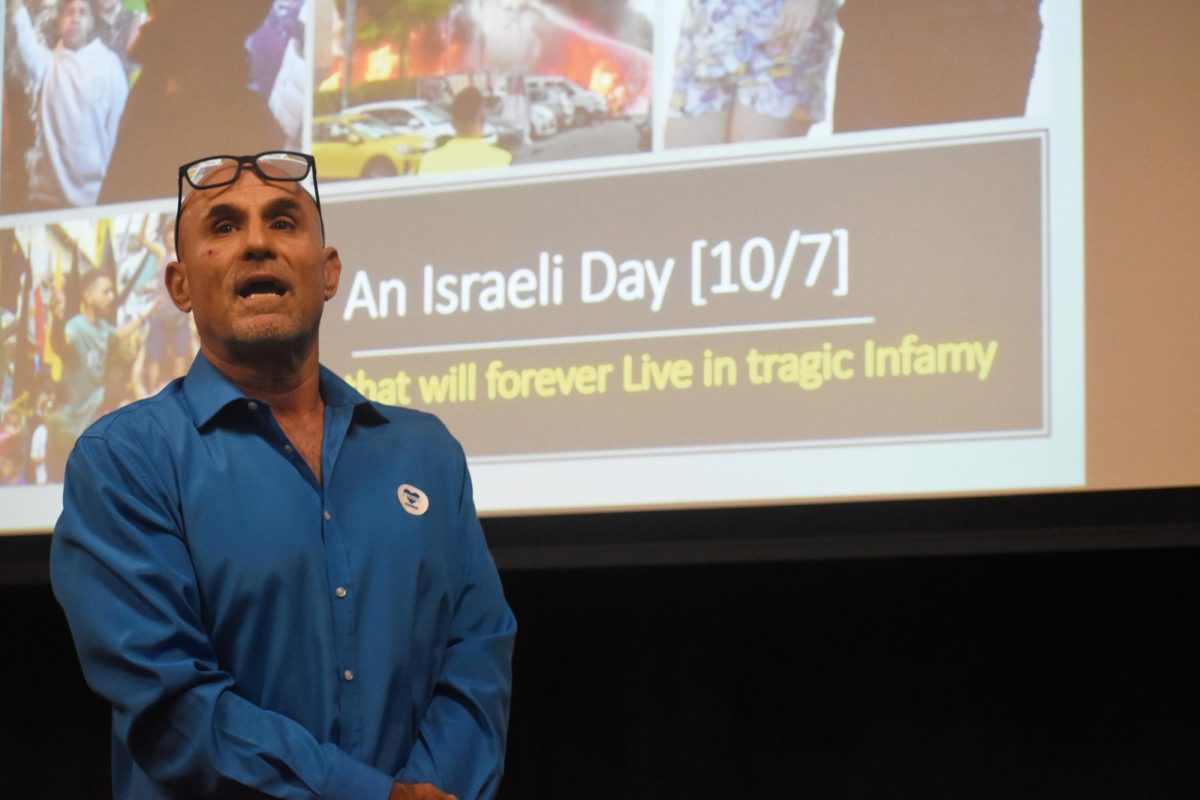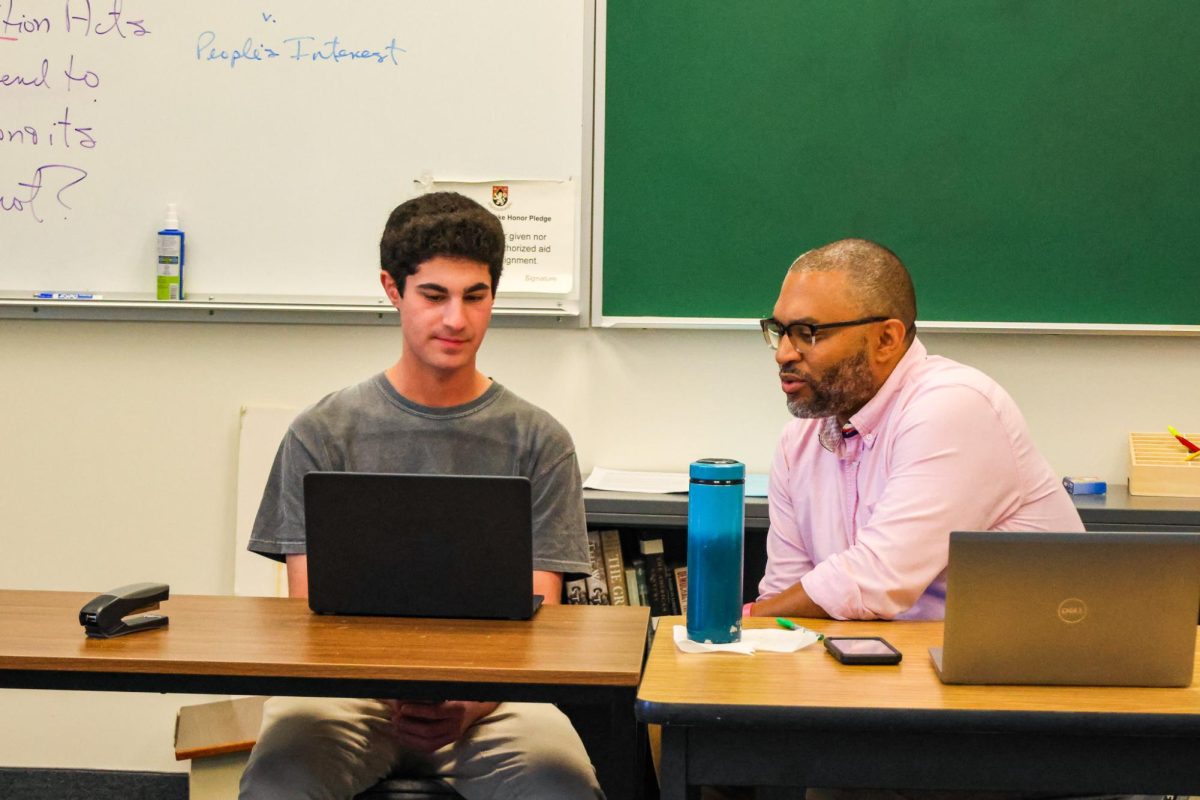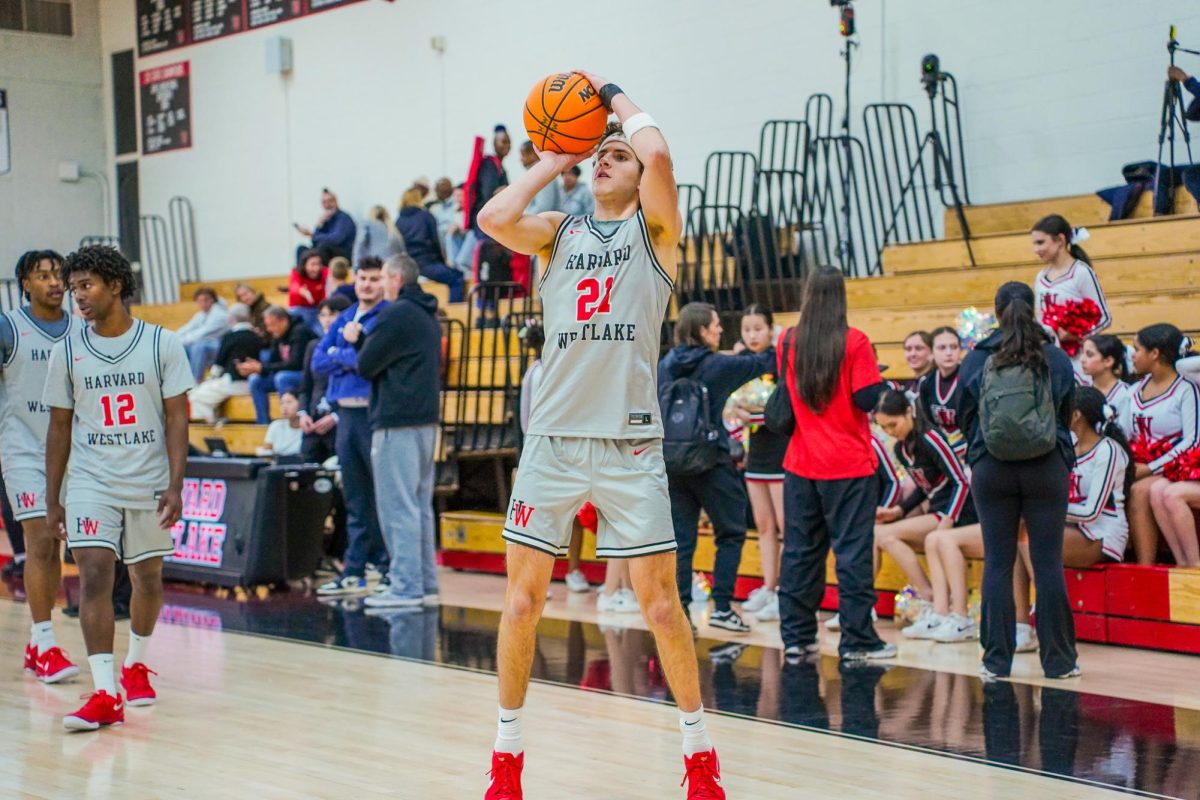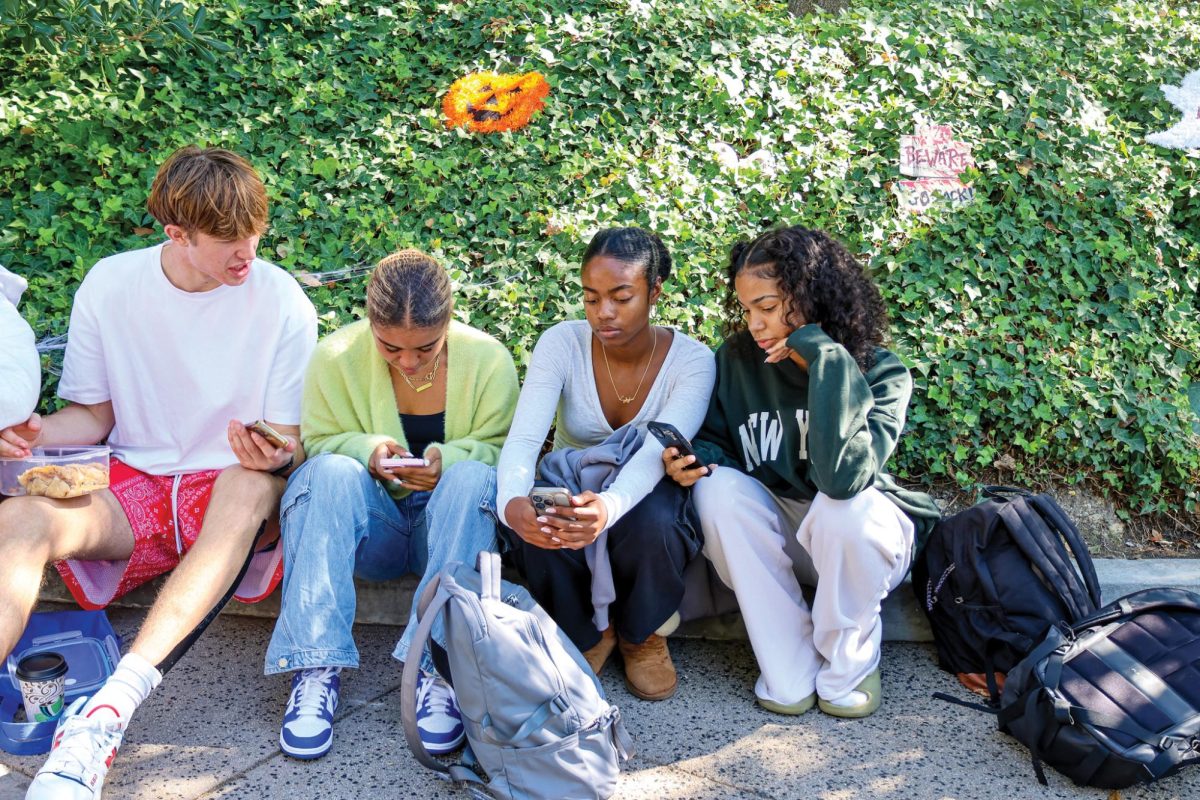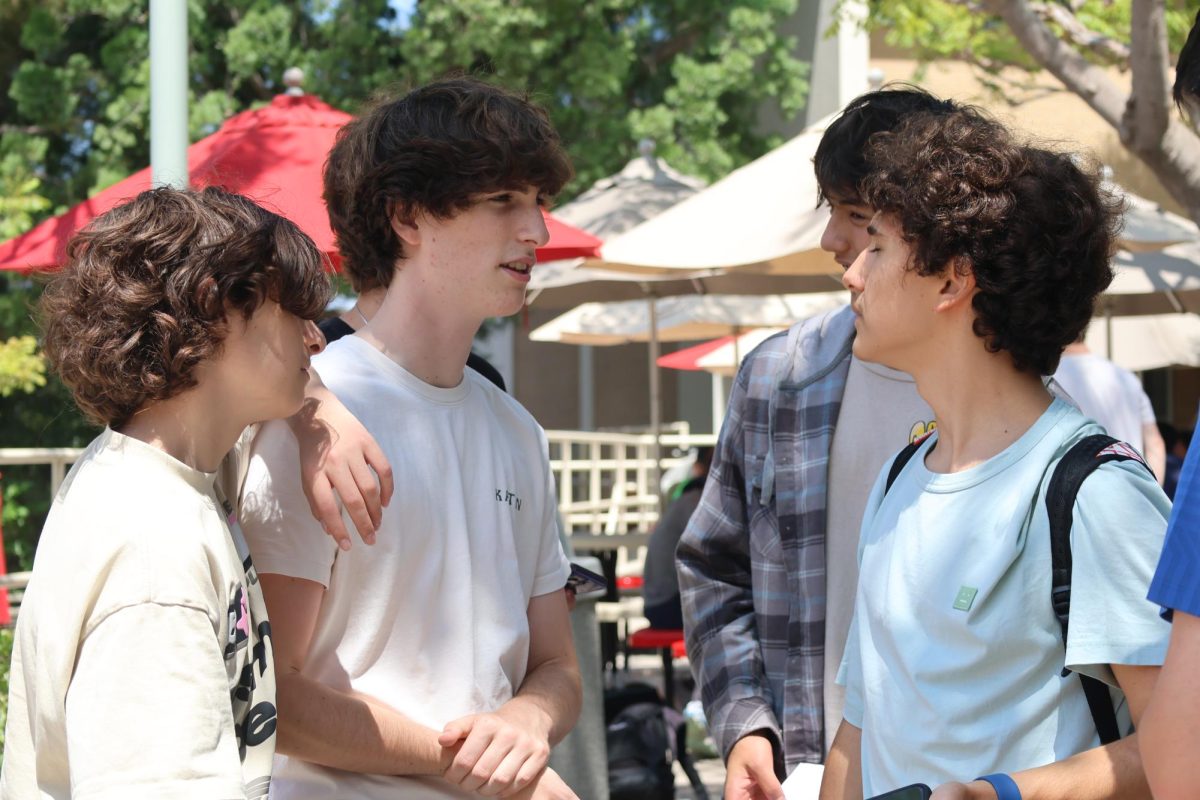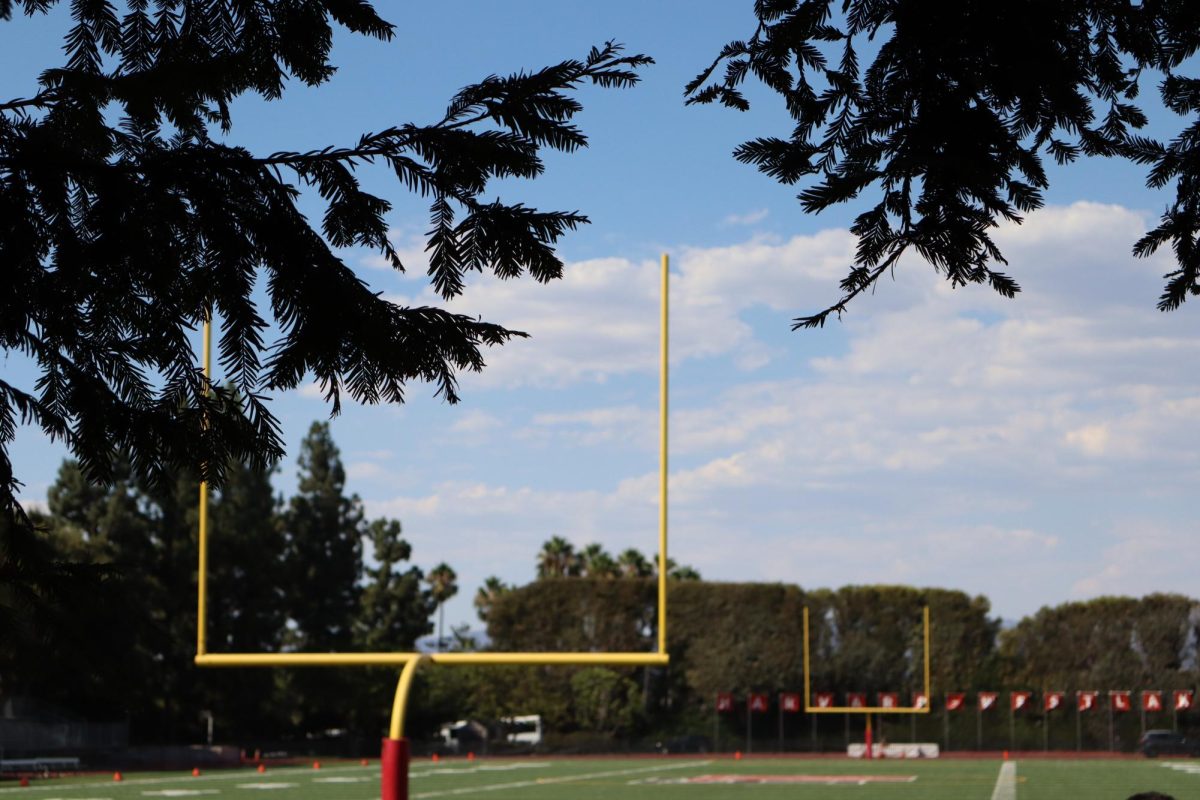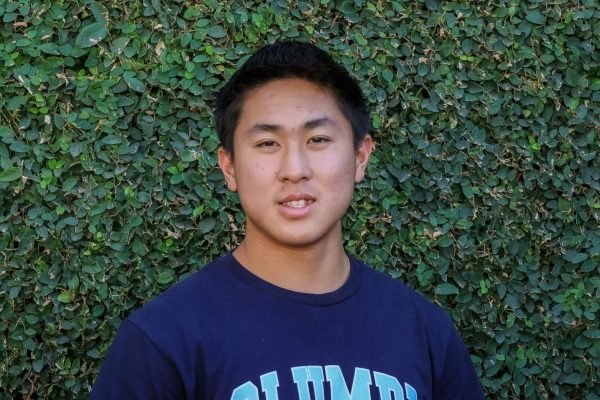Jewish Club held an emergency meeting during lunch in Ahmanson Lecture Hall on Oct. 9 to discuss the recent attacks on Israel by Hamas — a Palestinian and Islamic militant group —that took place Oct. 7, and the consequences to follow for Jews. Club advisor and History teacher Dror Yaron presented a slideshow that explained the ongoing violence in the region, providing historical context on Hamas and other militant groups and emphasizing the significance of their invasion. The school sent out an all-school email Oct. 8. regarding the attacks and said it would offer support to students throughout the week.
According to NBC, as of Oct. 9, 900 Israelis have been killed by the attacks, with over 2500 wounded and 130 hostages. Israel, which has officially declared war on Hamas, mobilized over 300,000 Israel Defense Forces (IDF) troops and struck Gaza with airstrikes, leaving over 680 Palestinians dead.
The terrorist attacks came just one day after educator Charlotte Korchak, from the non-profit StandWithUs, came to the school to speak at a Jewish Club event Oct. 6. She spoke about the modern condition of the West Bank and her encounters with Palestinian terrorism when she lived in Israel as a child.
Yaron, who has family members who have been called up to fight in reserves for the IDF, said the events will impact Jews for a long time to come.
“It’s personal, I’m sure, for more than a few of some members in the Harvard-Westlake community,” Yaron said. “It should be personal, not only to the Jews on campus, but [to] any rational moral human being, because what we have here is not merely a terror attack or an onslaught, this is unprecedented in depravity, in scope and in scale. We are in a period and an era, that is an inflection point that’s going to impact the collective psyche of Israelis.”
Jewish Club Leader Charlotte Newman ’24 said that educating oneself is the first step to taking a properly informed perspective on the war.
“I know it’s hard to talk and learn about, but all of us do have kind of an incentive, and maybe even an imperative to learn about this,” Newman said. “Especially for seniors [who are] going to college. I don’t know if [people] saw but at Harvard [University], many organizations have just signed on to say that everything that’s happening in Israel right now is the Israeli government’s fault. [They said] Israel was to blame, and that it wasn’t the blame of the terrorists or any of the people who are committing [indiscriminate] murder. [I think] it’s important to know what you stand for, and to know the history of the land and not just say, ‘Oh, I support Israel.’”
Aviv Pilipski ’25, who visited Israel recently, said the attacks came unexpectedly.
“Basically all of my family lives in Israel,” Pilipski said. “Close relatives, first and second cousins, aunts and uncles. It’s hard because being on the other side of the world, it’s difficult to understand what’s really going on. Especially [since I have] never been there in a time of war, it’s really hard for me to relate or even understand what they’re going through, especially since [I] was just there. It’s very scary to be on the other side, and watch my cousins be drafted [amongst] other things.”
Yaron said the mentality of terrorist organizations such as Hamas and Hezbollah, a Lebanon-based militant group, have been extreme and relentless.
“[Hamas’] goal is to make all of Palestine between the river and the sea an Islamic walk for an Islamic territory,” Yaron said. “To them, Zionism of any sort or a Jewish presence of any capacity is a cancer in their midst. [Hamas] doesn’t nearly call for liberating all the territory, but eradicating the Zionist entity. [The attack] is [an] indiscriminate murderous [rampage] of violence, a murderous rampage of the group. If you read their charter from 1988, it is not just merely anti-Zionist, it’s antisemitic to its core.”
Pilipski said Yaron’s ability to clearly describe the issues in Israel has clarified the conflict for the people who attended.
“A lot of people [didn’t] know that at the core of Hamas, their charter is anti-semitic,” Pilipski said. “Now, a lot of people know that’s not something Hamas has [changed] into, but has been a part of their core values central to [their group] from the start. It’s really nice to have people [like Yaron] who know the facts and present it as such, without [intentionally] trying to be politically correct or propagate something that just isn’t true. It’s definitely inspiring to have somebody who’s not afraid to speak [about it].”
Yaron said that students, Jewish or not, have an obligation to understand the broader conflict and educate themselves.
“There’s tragedy writ large [in the attacks], historically and regionally,” Yaron said. “The [current state of affairs] is where we all are, [us] Jews, Israelis and even [all human beings]. The world itself is in a very strange place with every conflict that’s going on in the political discombobulation and the polarization of every society. Even if you’re not Jewish, [students should be] clear-eyed, sober-minded and educating themselves.”




























